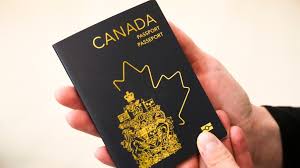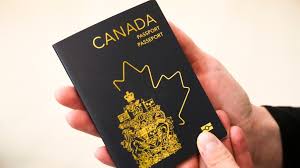Job Searching in Canada: Practical Tips for Newcomers

Job Searching in Canada: Practical Tips for Newcomers
1.Understand the Canadian Job Market:
Research your field: Know which regions have the most opportunities for your profession (e.g., tech jobs in Toronto, oil & gas in Alberta, healthcare in Nova Scotia).
Learn about NOC codes: Canada uses the National Occupation Classification (NOC) system to categorize jobs.Find your NOC code—it’s key for immigration and employment.
2.Tailor Your Resume (the Canadian Way):
Use a clean, professional format (2 pages max).
Focus on achievements, not just responsibilities.
Avoid photos, marital status, or age (not common in Canada).
Use keywords from the job posting—many employers use Applicant Tracking Systems (ATS) to screen resumes.
3.Write a Strong Cover Letter:
Customize it for each job.
Highlight why you’re a good fit and how you can add value.
Show some personality but keep it professional.
4.Network Like a Local:
Join LinkedIn and be active: comment, share, and connect.
Attend career fairs, local events, and professional meetups.
Consider informational interviews—reach out to someone in your field and ask for 15 minutes of their time to learn.
In Canada,“who you know” often matters just as much as “what you know.”
5.Use Trusted Job Portals:
Job Bank
Indeed Canada
Provincial job sites(e.g.Ontario Jobs, NBJobs)
6.Get Your Credentials Assessed:
If you're in a regulated profession(like teaching, nursing, engineering):
Apply for credential recognition through organizations like WES or a provincial regulatory body.
Research any certifications or licenses you’ll need to work legally.
7.Work on Your Communication Skills:
Strong English(or French, depending on province) is essential.
Consider taking language classes or joining a conversation circle.
Practice workplace communication,email etiquette, small talk, and interviews.
8.Be Open to Entry-Level or Bridge Jobs:
You may need to start in a job that’s below your experience level—it’s a stepping stone.
Look for survival jobs that also build local experience (retail, admin, customer service).
Volunteer work and internships can help you build your resume and network.
9.Use Settlement Services:
Take advantage of free newcomer support programs, often funded by the government:
Resume building
Job search workshops
Interview preparation
Language training
Mentorship
Check out:
10.Stay Positive and Persistent:
Rejection is part of the process,don’t get discouraged.
Set daily/weekly job application goals.
Celebrate small wins: a call back,a referral,or even good feedback.












































